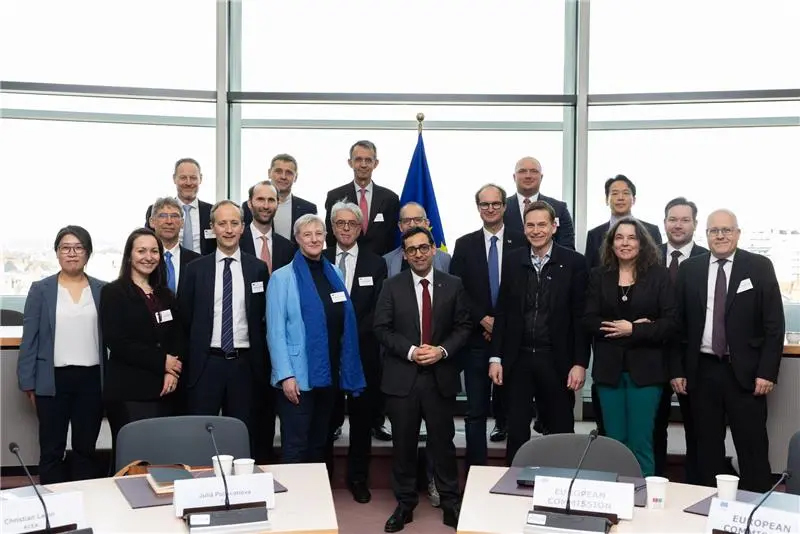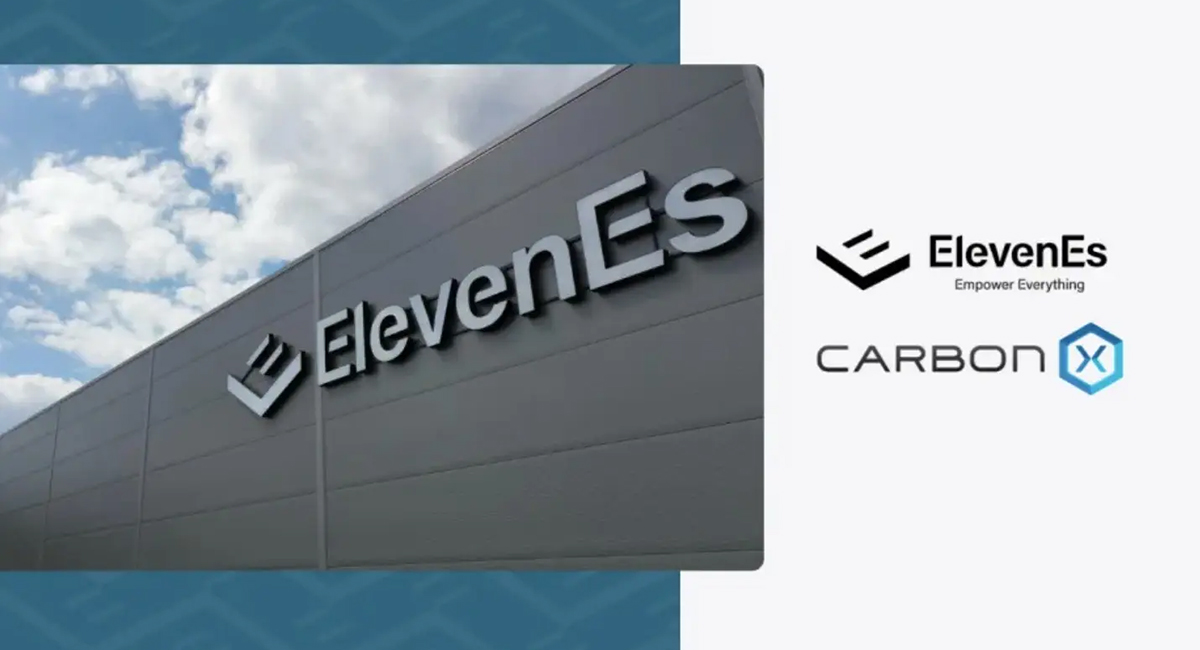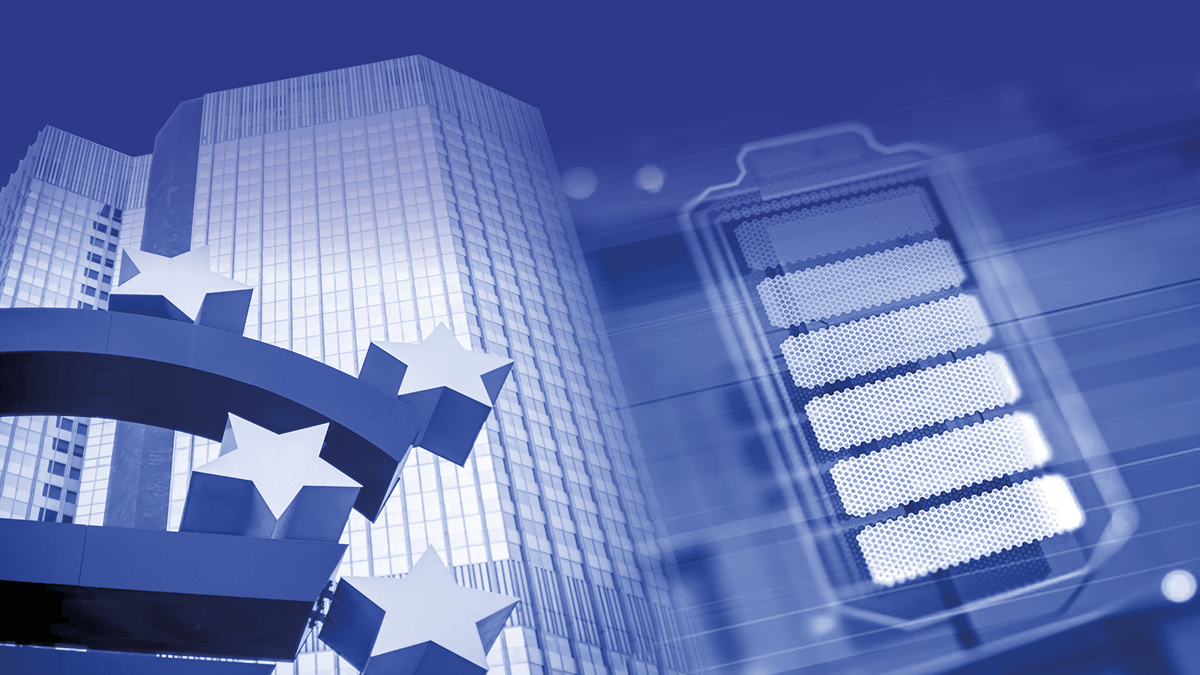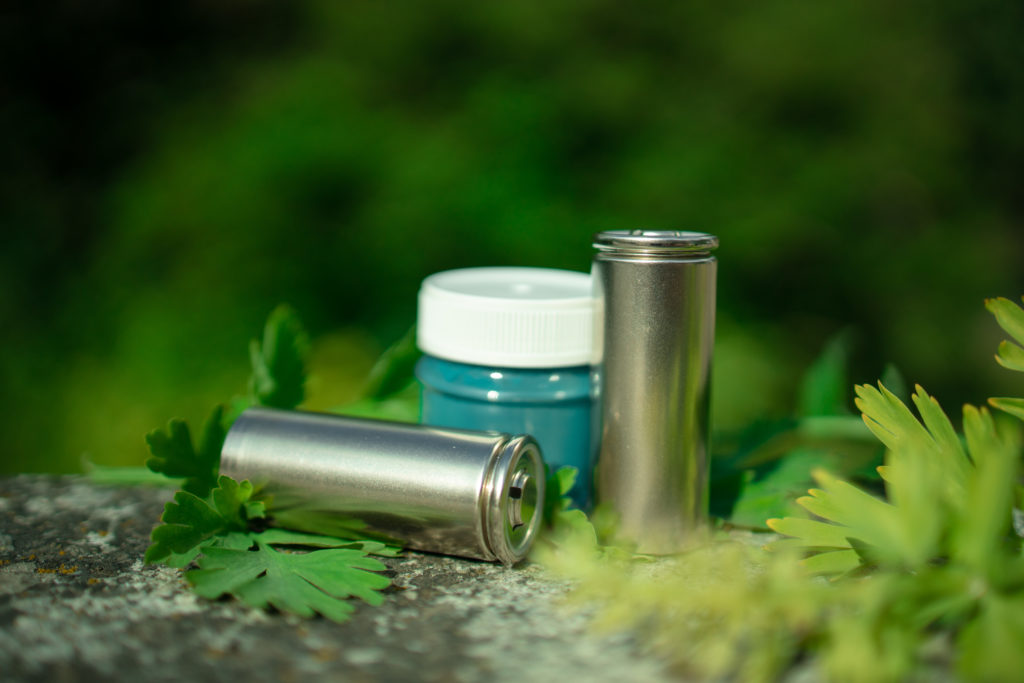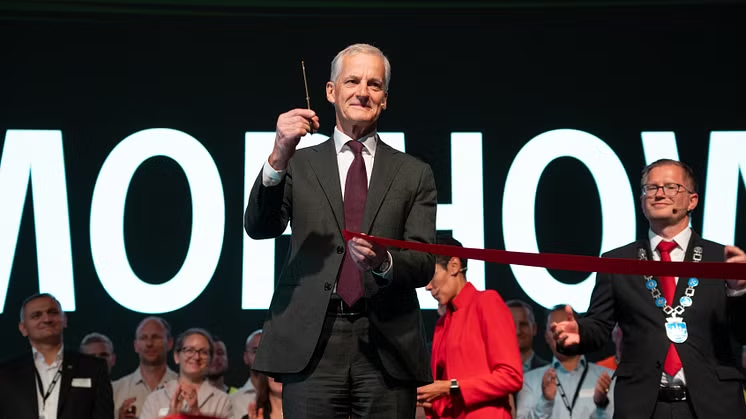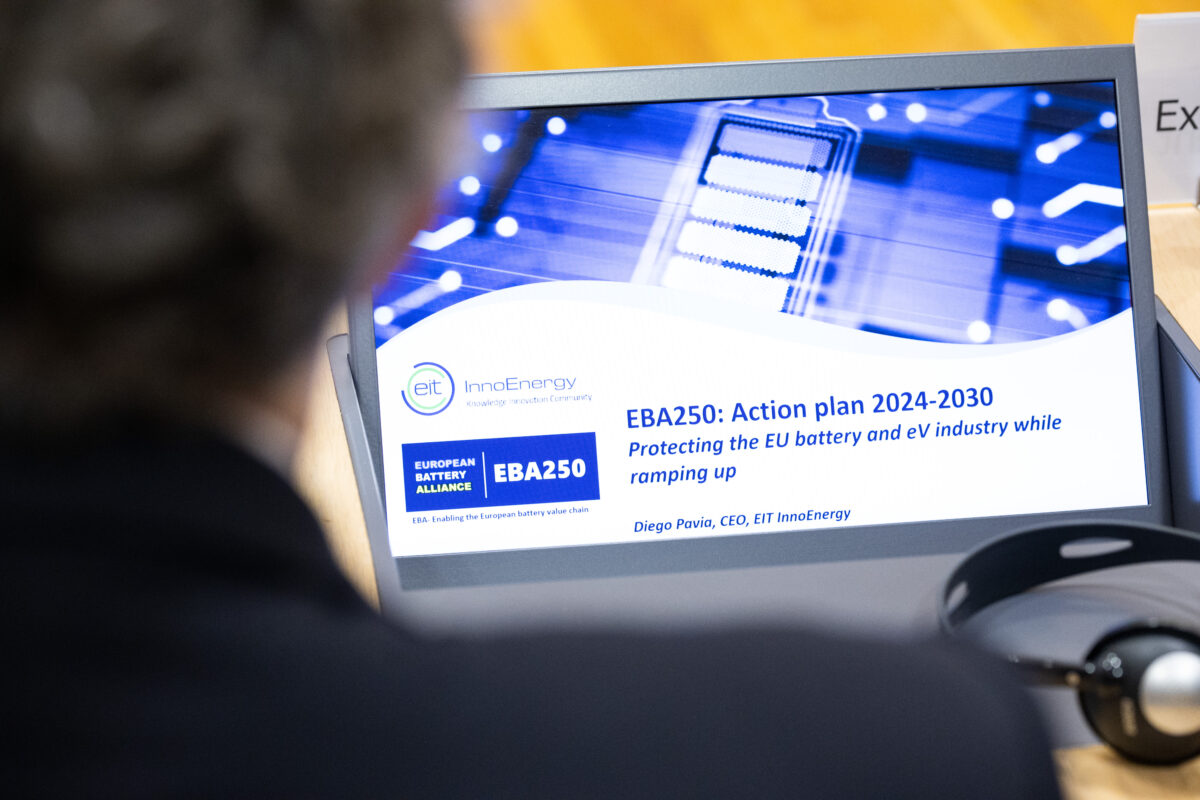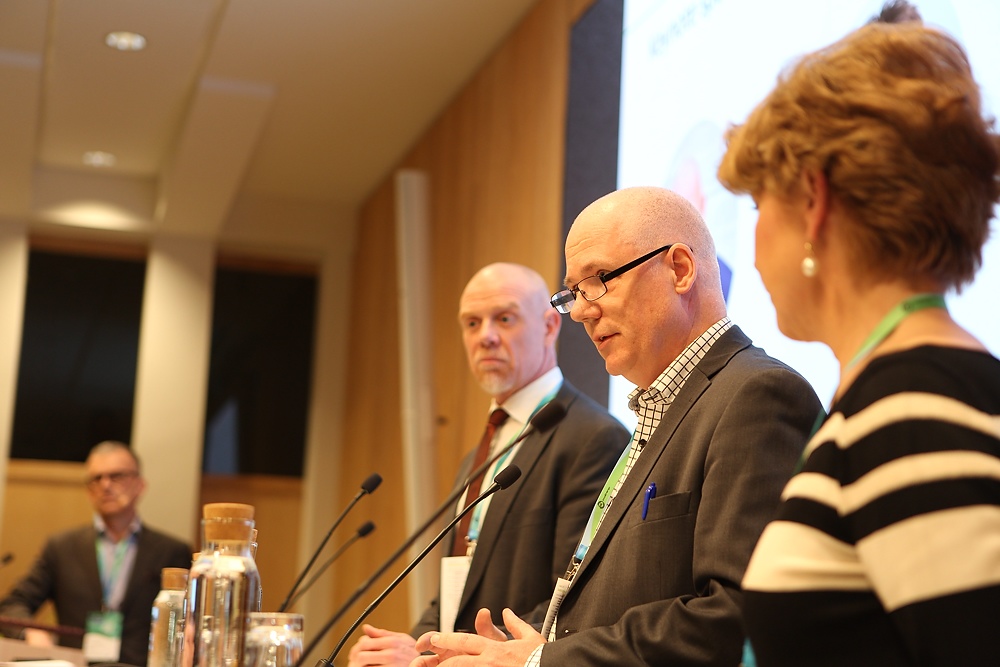
Mar 18, 2019
The strategic role of Sweden in the development of Europe’s battery industry
Last Thursday, the first EBA250 Swedish conference took place at IVA Conference Centre in Stockholm to discuss the strategic role of Sweden in the European battery ecosystem. More than 100 representatives from public and private sectors along the battery value chain answered to the joint invitation of InnoEnergy, the Swedish Energy Agency and Business Sweden.
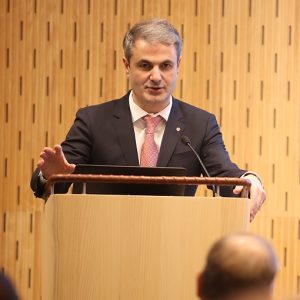
“The fact that batteries have now become a commercially viable energy storage alternative and have a major role to play in the energy transition can’t be denied”, said Kenneth Johansson, CEO InnoEnergy Scandinavia when opening the conference. “More powerful and coordinated efforts are however required to successfully accomplish the ongoing electrification of our society.” With this in mind, InnoEnergy, the Swedish Energy Agency and Business Sweden urged the participants to further engage and collaborate in developing a competitive battery industry in Europe. This message was further strengthened in the afternoon by Ibrahim Baylan, Swedish Minister of Enterprise, who suggested an ambitious Swedish contribution to the European industrial strategy.
Booming market
The need for batteries and market forecasts have increased drastically in just a couple of years. With major automakers recently increasing their ambitions for electric vehicles by 50%, and with the explosion of industrial applications that benefit from battery besides transport and power, the current predictions are likely to be underestimated explained Bo Normark, Thematic Leader for Smart Grids and Energy Storage at InnoEnergy. In addition, “heavy transport must also electrify,” pointed out Åsa Pettersson, Head of Public Affairs and Sustainability at Scania during a panel discussion gathering key players along the value chain. “The need for batteries is therefore even higher.”
Supporting innovative industrial capacity
New financial instruments are being developed at the European level to support and de-risk research and innovation projects including the first industrial deployment in Europe. With this in focus, European Commissioner Demos Spatharis, Head of Unit at DG Competition presented the Important Projects of Common European Interests (IPCEI), a powerful tool for financing large scale innovative projects. “IPCEI is not here to help replicate what already exist. It’s about pushing the EU industry to the next level of technology”, said Demos Spatharis, highlighting the opportunities given to member states within this framework.
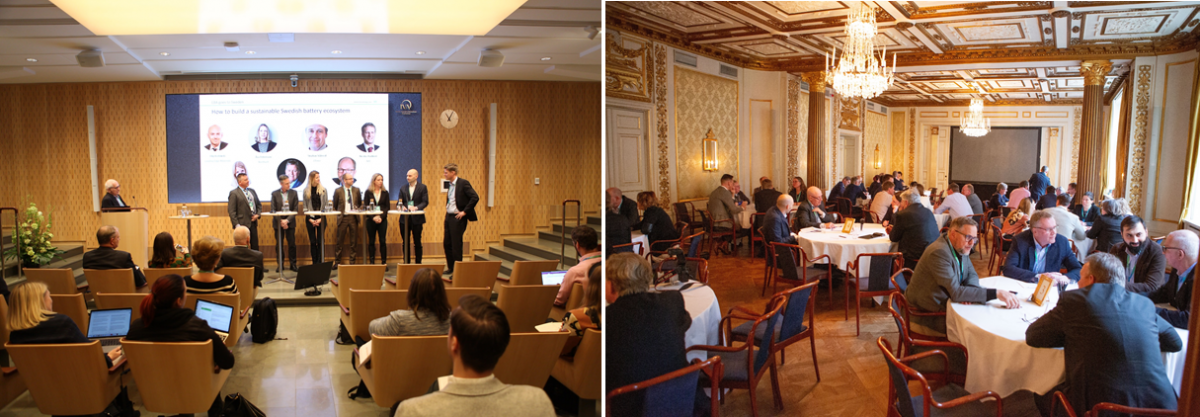
A sweet spot for Sweden
The conditions for Sweden to take a prominent role in this context are very good. Sweden has access to raw materials that can be produced with high environmental standards, low-price and green electricity, skills, and also counts many strong players active along the entire the battery value chain – from mining to manufacturing of active materials, from complete battery cells and packs to applications in the automotive industry as well as in the power system. It is therefore an opportunity for Sweden to become a leader in developing a battery industry in Europe able to compete on a global stage. “The gap between the market need and delivery capacity is enormous, therefore the market risk is null. The risk only lies in the implementation”, says Kenneth Johansson. “And to the question, can Europe truly be competitive in the battery sphere, our answer is YES. The key to success lies in strategic cooperation through the entire value chain and focus on sustainable solutions.” Identifying how to put this into concrete actions was addressed during round table discussions taking place in the afternoon. How to build an ecosystem around a new industry, the contribution of research & education to a sustainable battery production, and how to mobilise for a national action plan where some of the key topics discussed at this occasion.
Battery production is of strategic importance for Europe and particularly for Sweden. Swedish actors such as Northvolt and Epiroc have already been instrumental in European industrial race underway and demonstrates how fruitful collaborations can be set up. We now look forward to a national action plan that will be developed in the coming months based on input from key stakeholders in the Swedish battery ecosystem.
View full programme of the conference.
More EBA250 news
InnoEnergy, the driving force behind the EBA250 initiative, introduces today its new brand identity,…
The new EU-funded facility will enhance global raw materials partnerships and access to Critical…
Last week, InnoEnergy and EBA250 represented the battery value chain in Brussels alongside Verkor…
ElevenEs, a European LFP lithium-ion battery manufacturer, has signed a Joint Development Agreement with…
The European battery industry has come a long way since the launch of the…
The 2024 Innovation Fund calls for proposals have been launched this week, with a…
Altris, a pioneering Swedish developer of sodium-ion battery technology, has reached significant milestones that…
Last Friday, Morrow Batteries officially inaugurated the first giga-scale LFP (Lithium Iron Phosphate) cell…
On May 24, 2024, the 8th High-Level Meeting of the European Battery Alliance (EBA)…
Following the recent announcement from EVP Šefčovič on the need to support manufacturing of…


